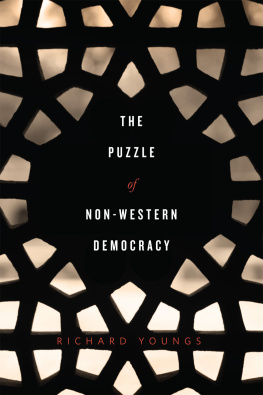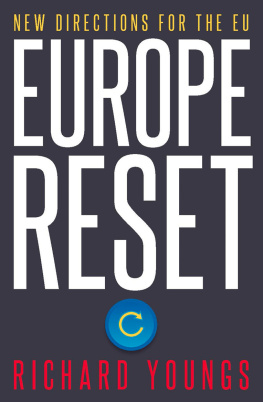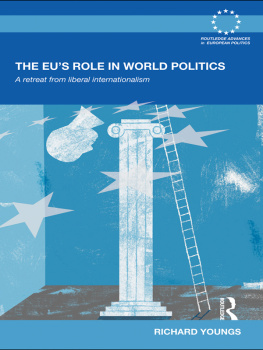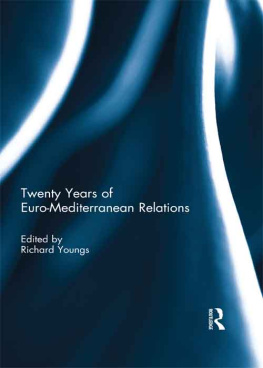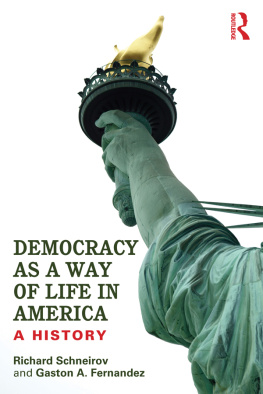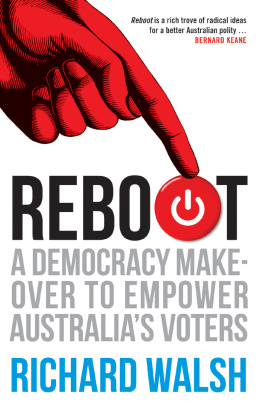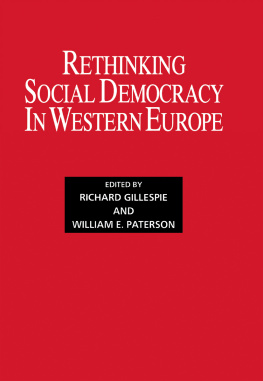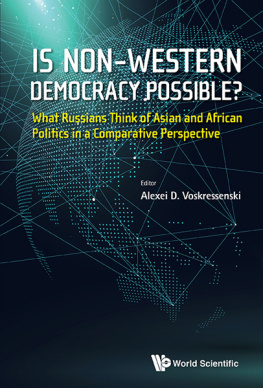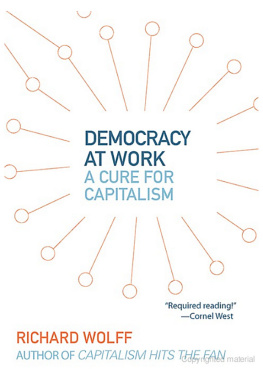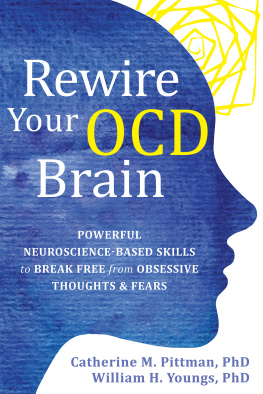Richard Youngs - The Puzzle of Non-Western Democracy
Here you can read online Richard Youngs - The Puzzle of Non-Western Democracy full text of the book (entire story) in english for free. Download pdf and epub, get meaning, cover and reviews about this ebook. year: 2015, publisher: Carnegie Endowment for Intl Peace, genre: Politics. Description of the work, (preface) as well as reviews are available. Best literature library LitArk.com created for fans of good reading and offers a wide selection of genres:
Romance novel
Science fiction
Adventure
Detective
Science
History
Home and family
Prose
Art
Politics
Computer
Non-fiction
Religion
Business
Children
Humor
Choose a favorite category and find really read worthwhile books. Enjoy immersion in the world of imagination, feel the emotions of the characters or learn something new for yourself, make an fascinating discovery.
- Book:The Puzzle of Non-Western Democracy
- Author:
- Publisher:Carnegie Endowment for Intl Peace
- Genre:
- Year:2015
- Rating:4 / 5
- Favourites:Add to favourites
- Your mark:
- 80
- 1
- 2
- 3
- 4
- 5
The Puzzle of Non-Western Democracy: summary, description and annotation
We offer to read an annotation, description, summary or preface (depends on what the author of the book "The Puzzle of Non-Western Democracy" wrote himself). If you haven't found the necessary information about the book — write in the comments, we will try to find it.
The Puzzle of Non-Western Democracy — read online for free the complete book (whole text) full work
Below is the text of the book, divided by pages. System saving the place of the last page read, allows you to conveniently read the book "The Puzzle of Non-Western Democracy" online for free, without having to search again every time where you left off. Put a bookmark, and you can go to the page where you finished reading at any time.
Font size:
Interval:
Bookmark:

1779 Massachusetts Avenue NW
Washington, DC 20036
P+ 202 483 7600
F+ 202 483 1840
CarnegieEndowment.org
Hopkins Fulfillment Service
P.O. Box 50370
Baltimore, MD 21211-4370
P+ 1 800 537 5487 or 1 410 516 6956
F+ 1 410 516 6998
Composition by Zeena Feldman
E-book by Oakland Street Publishing
Youngs, Richard, 1968
The puzzle of non-western democracy / Richard Youngs.
pages cm
Includes bibliographical references and index.
ISBN 978-0-87003-428-2 (pbk. : alk. paper) ISBN 978-0-87003-429-9 (cloth : alk. paper)
ISBN 978-0-87003-430-5 (electronic)
1. DemocracyCross-cultural studies. 2. DemocracyAsia. 3. DemocracyMiddle East.
4. DemocracyAfrica. 5. DemocracyLatin America. 6. DemocratizationInternational cooperation.
I. Title.
JC423.Y696 2015
321.8dc23 2015011247
Vice President for Studies
Carnegie Endowment for International Peace
Font size:
Interval:
Bookmark:
Similar books «The Puzzle of Non-Western Democracy»
Look at similar books to The Puzzle of Non-Western Democracy. We have selected literature similar in name and meaning in the hope of providing readers with more options to find new, interesting, not yet read works.
Discussion, reviews of the book The Puzzle of Non-Western Democracy and just readers' own opinions. Leave your comments, write what you think about the work, its meaning or the main characters. Specify what exactly you liked and what you didn't like, and why you think so.

